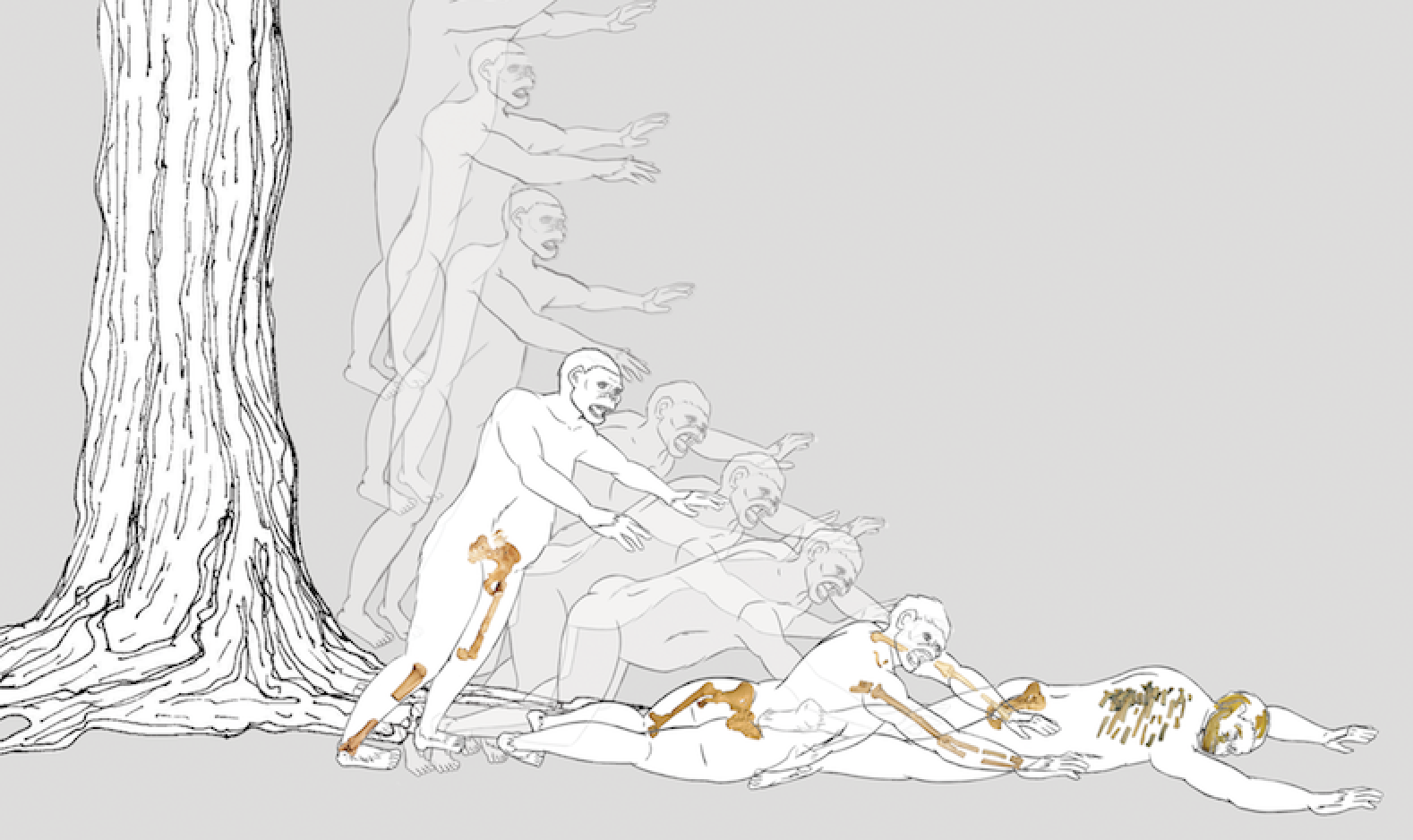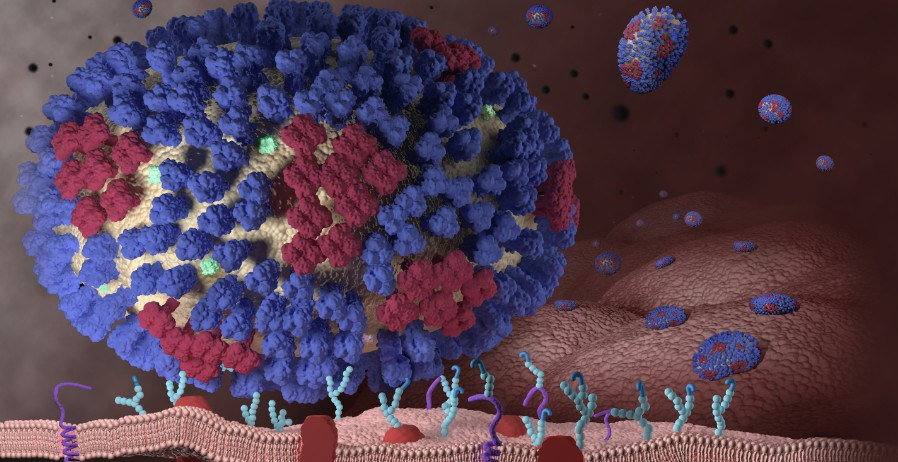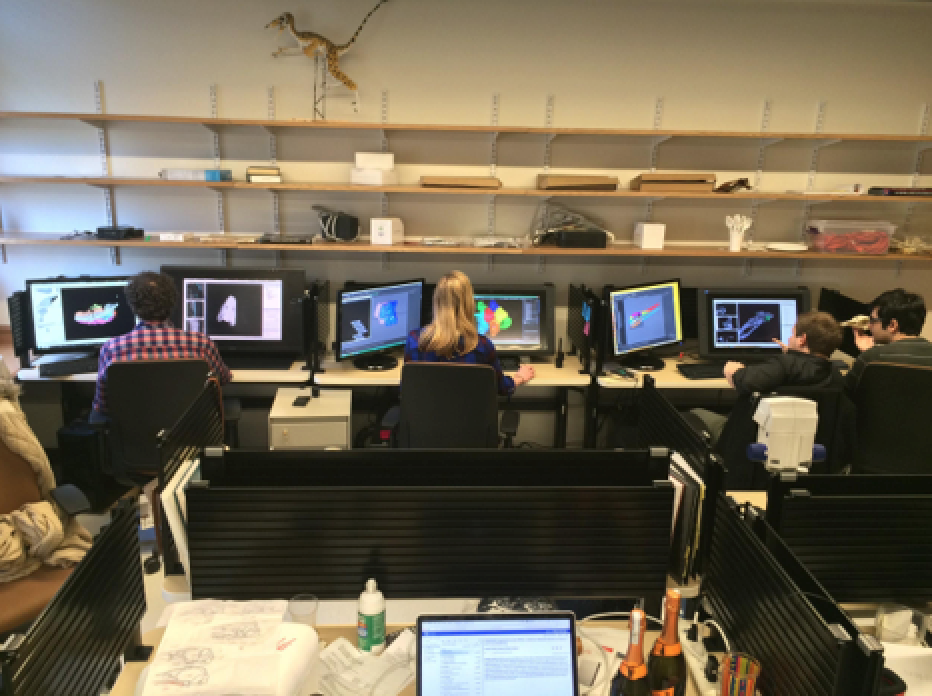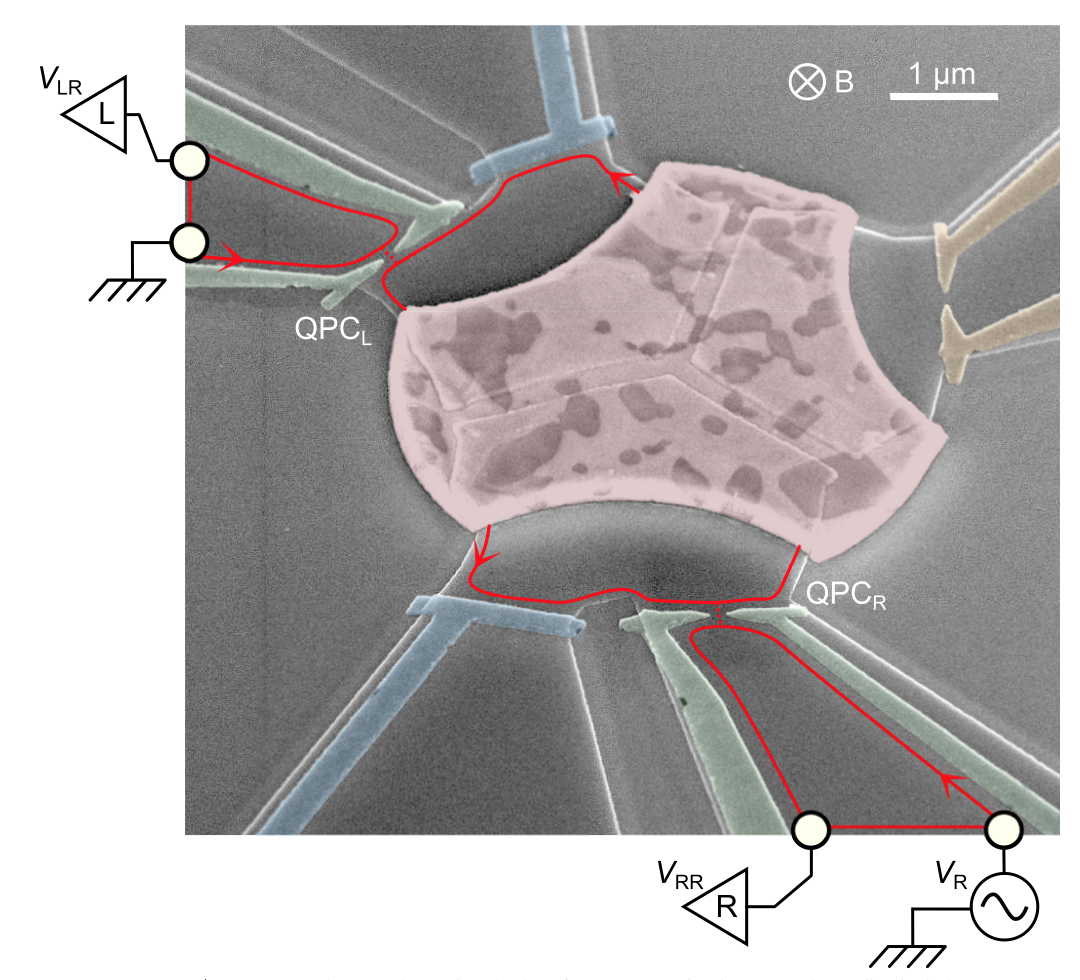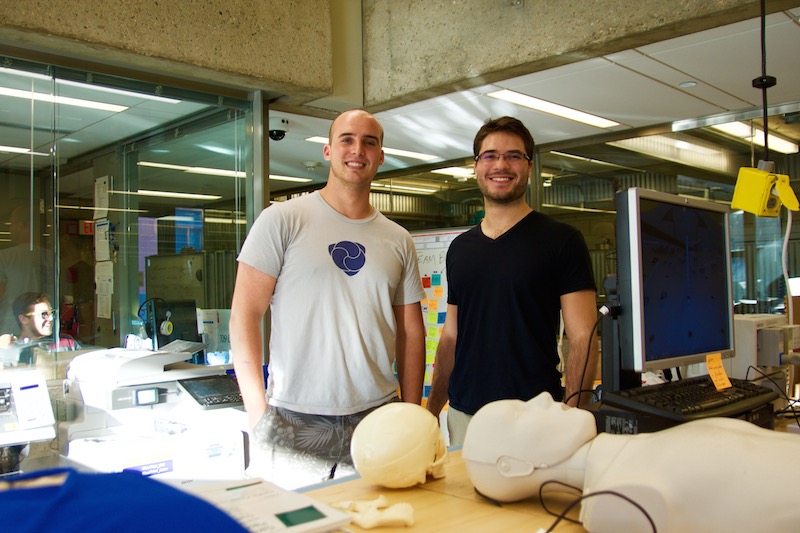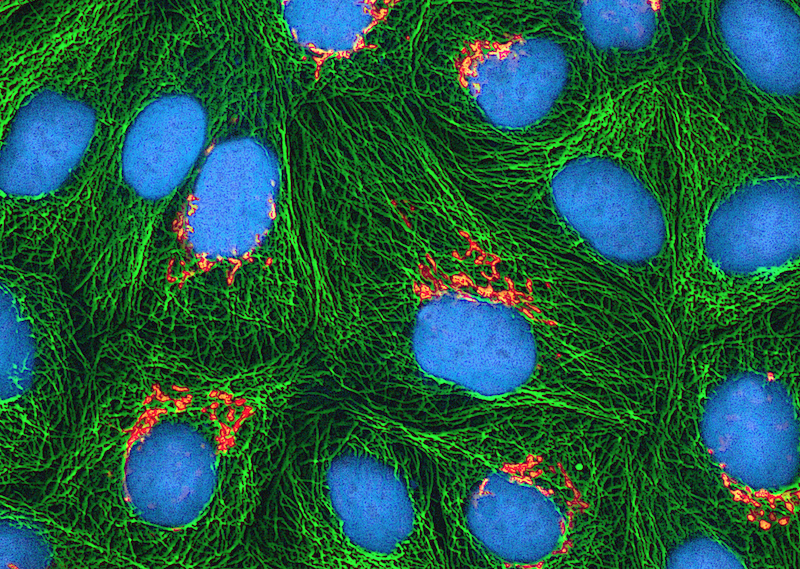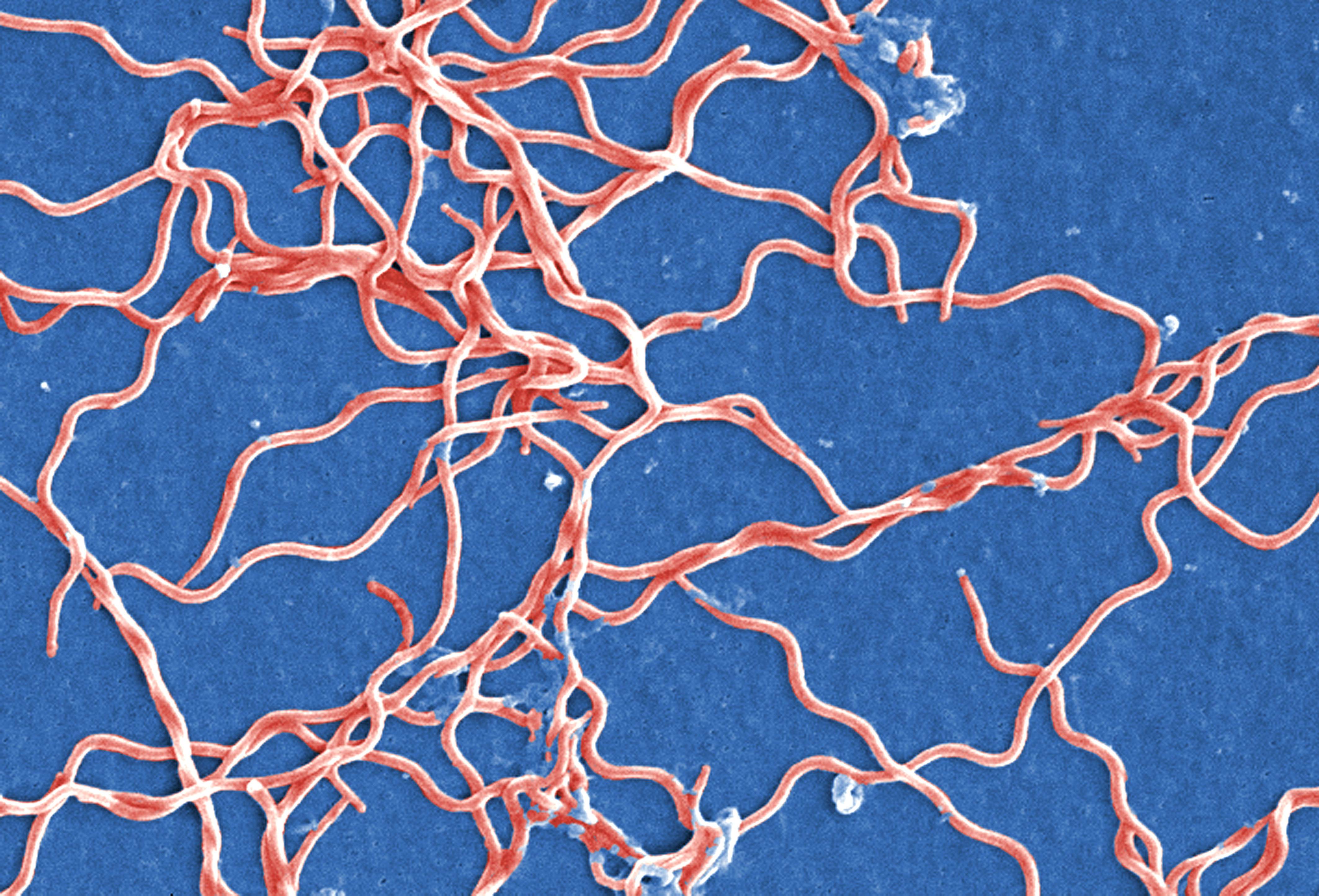
Unraveling the Mystery of Spirochete Growth
A recent study by Yale researchers found that Borrelia burgdorferi, the causative agent of Lyme disease, exhibits a unique pattern of cell growth, elongating through discrete “hot zones” of cell wall synthesis that mark where daughter cells will divide. This discovery could help yield new, targeted therapies for Lyme disease.


